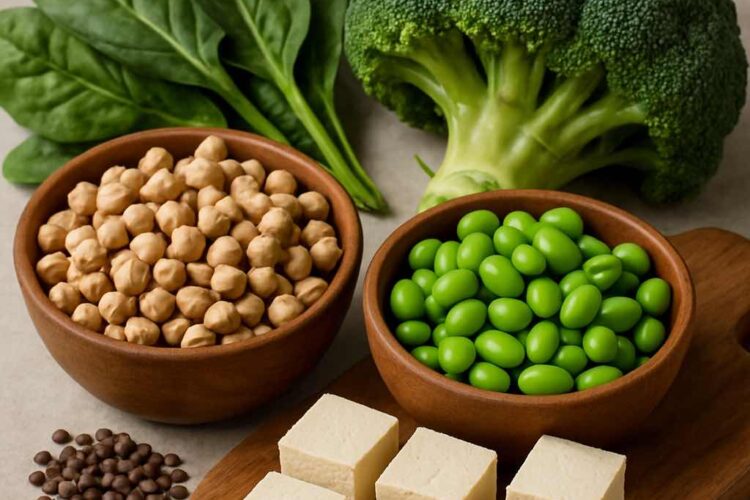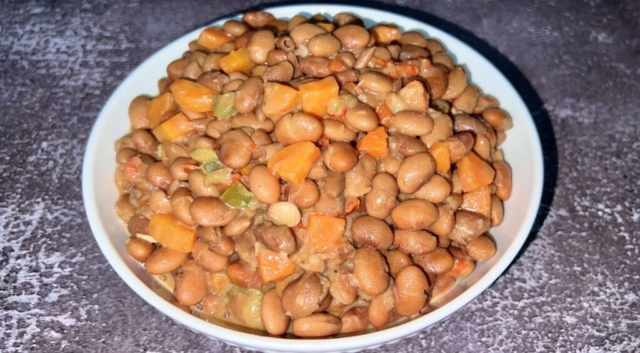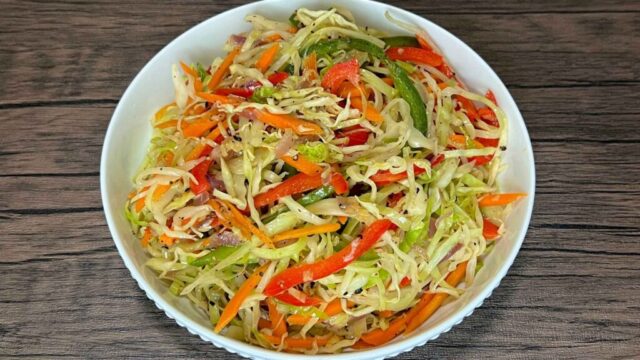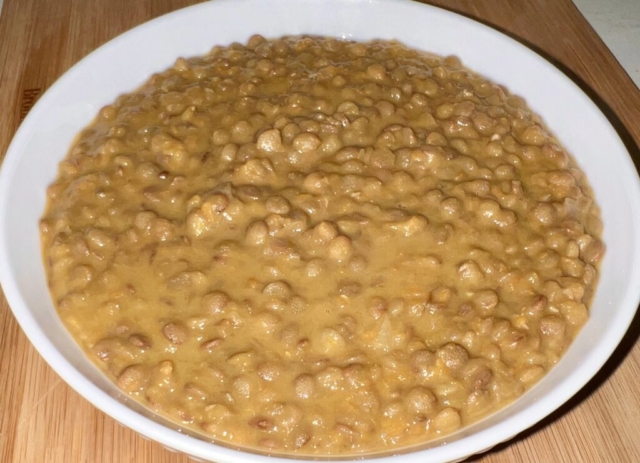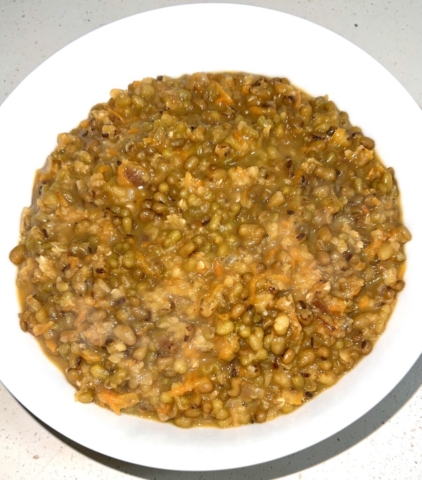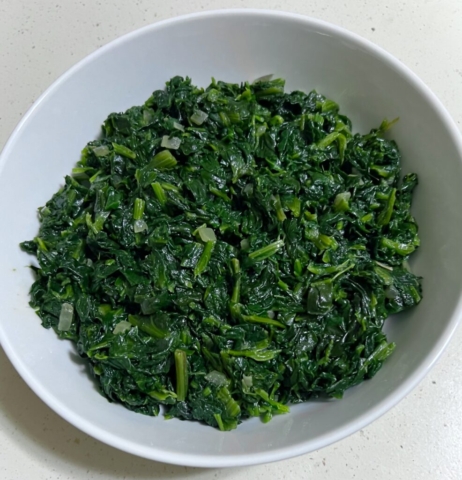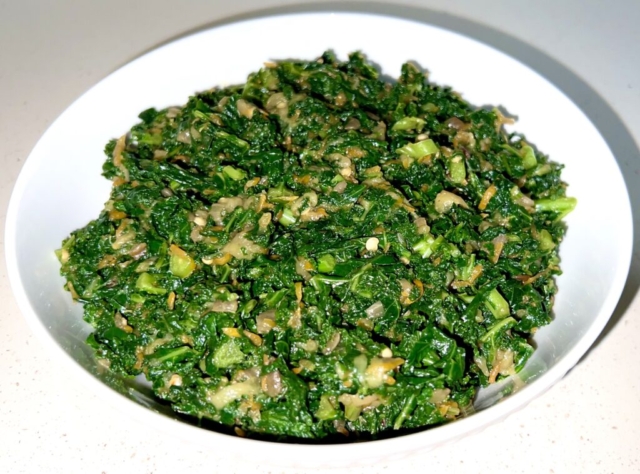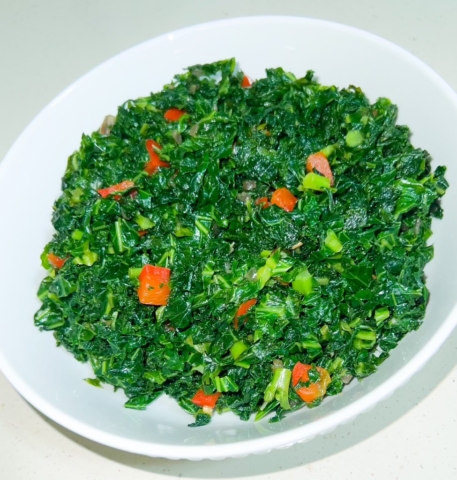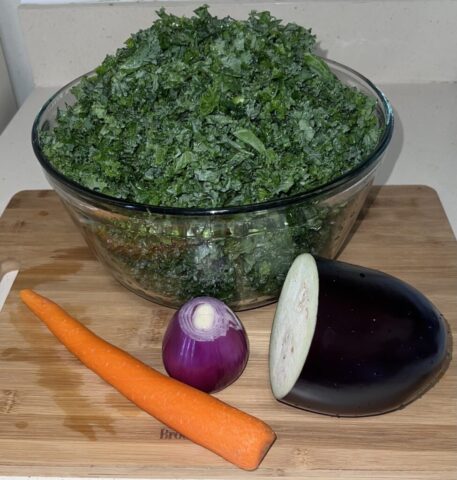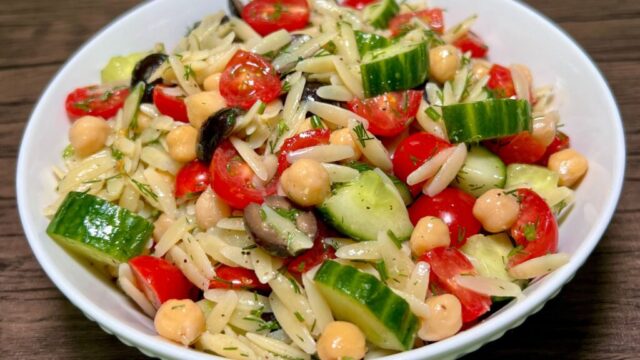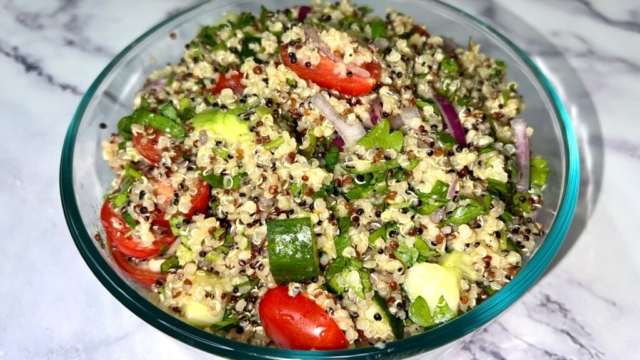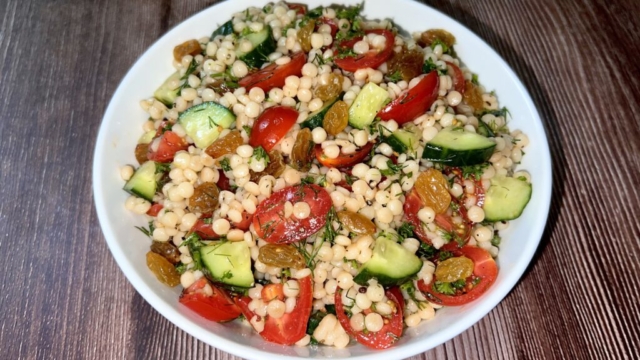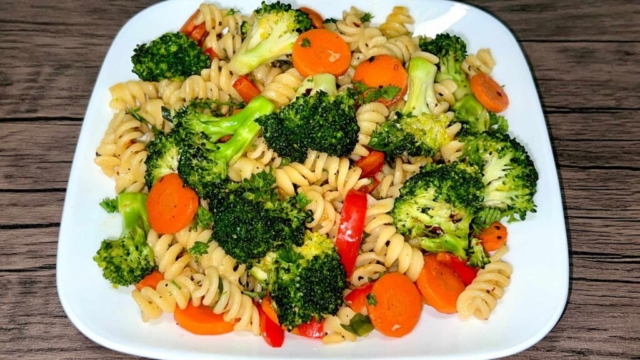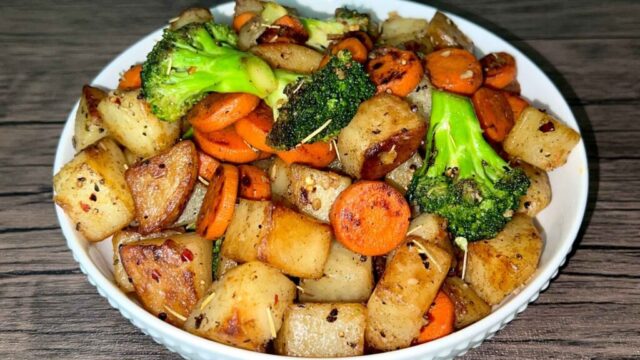This post may contain affiliate links, which means I may receive a commission from purchases made through the links.
In recent years, a quiet revolution has been taking place on our plates. Across the globe, more people are shifting toward plant-based diets not just as a fleeting trend but as a conscious lifestyle choice. What’s driving this wave? Two compelling motivators: health and the environment. While going plant-based was once associated with fringe movements or niche veganism, today it’s backed by mountains of research, celebrity endorsements, and mainstream acceptance. The motivation is no longer limited to animal welfare (though that remains valid too). It’s now about personal well-being and the future of the planet, and those who give preference to plant-based diets argue that it could be one of the most powerful decisions you make, not only for your body but also for the world around you.
In this blog post, I’ve compiled and summarized information on why embracing a plant-based diet is (1) good for your health, and (2) good for the environment. This information is based on scientific findings, as you will see in the fact that I have cited studies from world-renowned journals of medicine and health. Secondly, I have linked to the blog post some awesome plant-based recipes from this very blog, so you can hopefully try out some of my favorite vegetarian dishes!
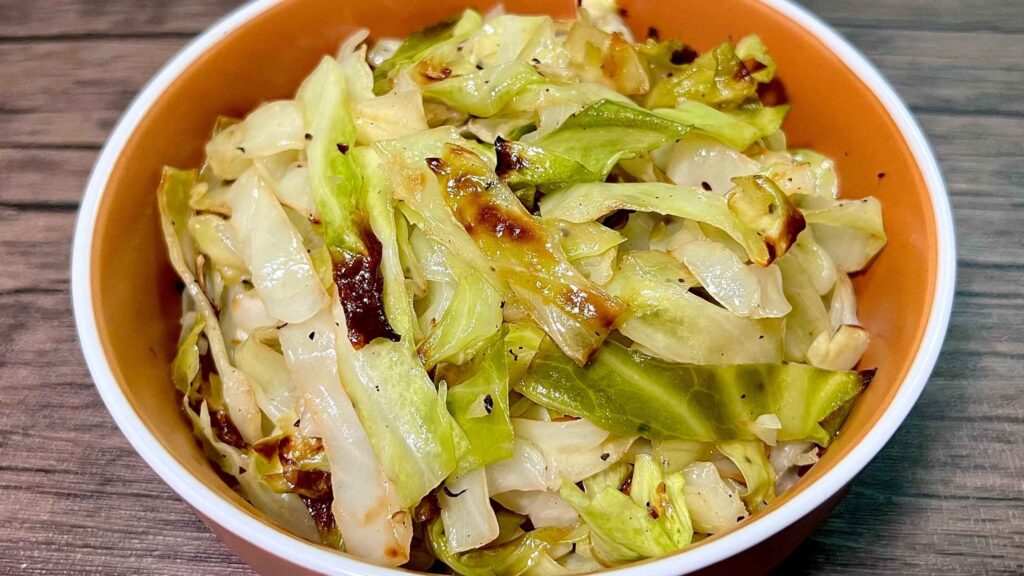
Pictured above: Crispy oven-roasted cabbage.
Disclaimer: Please note that this article is a result of my personal research and that it is for informational purposes only. For medical advice or diagnosis, consult a professional.
Related Articles
What Is a Plant-Based Diet, Really?
First, let’s clear up the confusion. A plant-based diet doesn’t necessarily mean becoming vegan overnight or never touching animal products again. It simply means prioritizing whole, plant-derived foods in your meals – fruits, vegetables, whole grains, legumes, nuts, seeds, etc., while reducing or eliminating animal-based foods like meat, dairy, and eggs. Think of it as a spectrum. Some people go 100% vegan. Others are ‘flexitarians’. What matters most is the shift toward plants, not perfection.
I, for one, have been a meat lover all my life, having grown up in a country where so much value is placed on meat. I am now working on embracing plant-based meals more, but even as I write this, I am still a meat-eater. So, no judgment but rather, sharing ideas on how we can better our health and the environment.
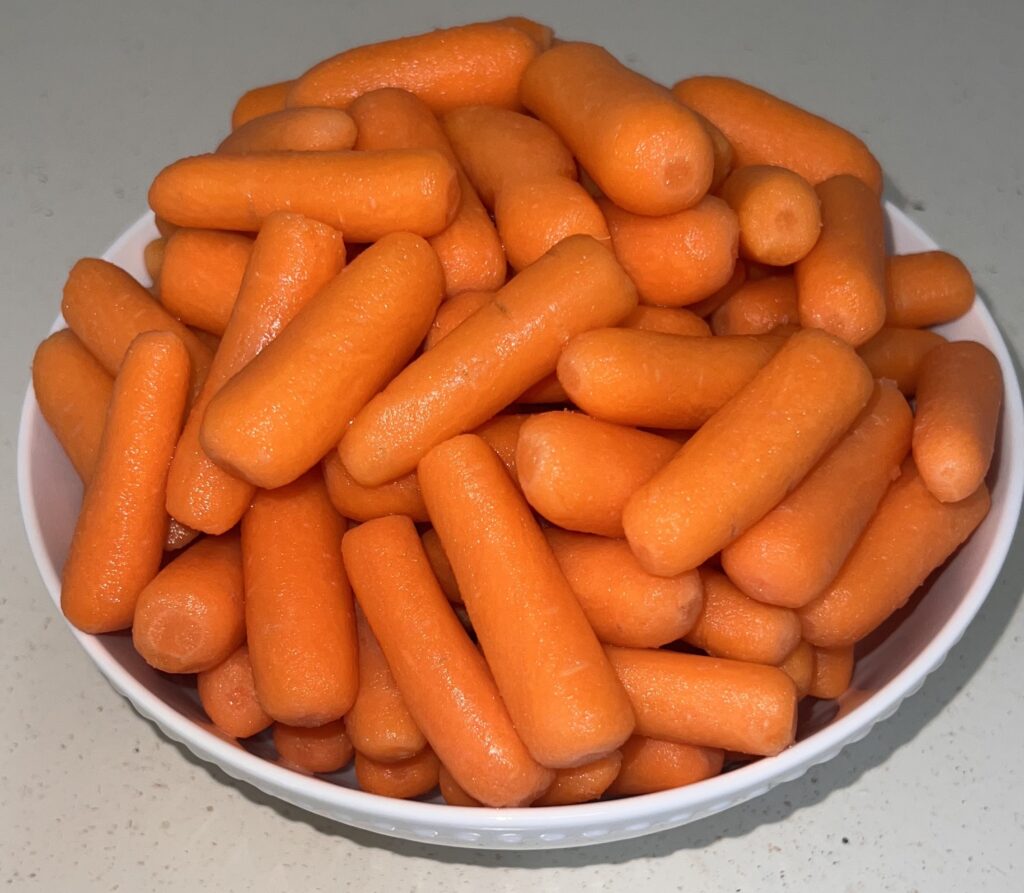
Health Benefits of Plant-Based Diets
1. Lower Risk of Chronic Disease
According to this article published in the National Library of Medicine, ‘healthful’ diets rich in plants and low in animal products significantly reduce the risk of heart disease, type 2 diabetes, hypertension, and even certain cancers.
- Heart Health: Plants are naturally free from cholesterol and low in saturated fat. Studies, including those from the American Heart Association, show that plant-based eaters have lower blood pressure, healthier cholesterol levels, and fewer heart-related issues.
- Diabetes: A well-balanced plant-based diet helps regulate blood sugar levels and improves insulin sensitivity. Whole grains, legumes, and vegetables offer fiber that slows sugar absorption, which is key for managing or preventing type 2 diabetes.
- Cancer Prevention: Antioxidants, phytochemicals, and fiber in plant foods help reduce inflammation and protect cells from damage. On the other hand, high consumption of red and processed meat is linked to increased cancer risk, especially colorectal cancer, according to the World Cancer Research Fund.
Here are some legume and vegetable recipes to try: (1) Pinto beans stew; (2) Sauteed cabbage; (3) Lentil stew; (4) Green grams stew.
2. Weight Management Without Deprivation
Studies show that adopting plant-based diets often results in easier weight loss. Why? Because whole plant foods are lower in calories but high in volume, nutrients, and fiber. They fill you up faster and keep you satisfied longer. In contrast, processed meats and high-fat animal products are calorie-dense and nutrient-poor, often leading to eating more without adequate nourishment.
More vegetable recipes to try are (5) Sauteed spinach, (6) Sauteed kale, and (7) Kale with eggplant and carrots.
3. Improved Gut Health
A healthy gut is the foundation of good health, influencing everything from digestion to mood and immunity. Plants are packed with prebiotic fiber, which feeds beneficial gut bacteria. A diverse, fiber-rich diet fosters a thriving microbiome, which plays a crucial role in reducing inflammation and regulating mood.
You could also try these fresh summer salad recipes: (8) Orzo pasta salad, (9) Quinoa salad, and (10) Couscous salad.
Also, one-pot dishes like (11) pasta with broccoli and carrots, and (12) potatoes with broccoli and carrots may interest you.
Environmental Benefits of Plant-Based Diets
Agriculture is one of the biggest contributors to greenhouse gas emissions, according to the United States Environmental Protection Agency. It is argued that some agricultural practices contribute more than others to these emissions, as well as to land degradation and biodiversity loss. The food choices we make, therefore, are deeply connected to the health of the environment. Prioritizing a plant-based diet is arguably one of the most impactful ways individuals can reduce their environmental footprint.
1. Lower Greenhouse Gas Emissions
Animal agriculture is responsible for roughly 14.5% of global greenhouse gas emissions, according to the United Nation’s Food and Agriculture Organization. Cow waste, for example, produces methane, a greenhouse gas over 25 times more potent than CO₂. Perhaps by eating less meat and dairy, the demand for livestock could reduce, which in turn could cut methane emissions. This article by Proveg International notes that a global shift toward plant-based diets could cut food-related emissions by up to 70%.
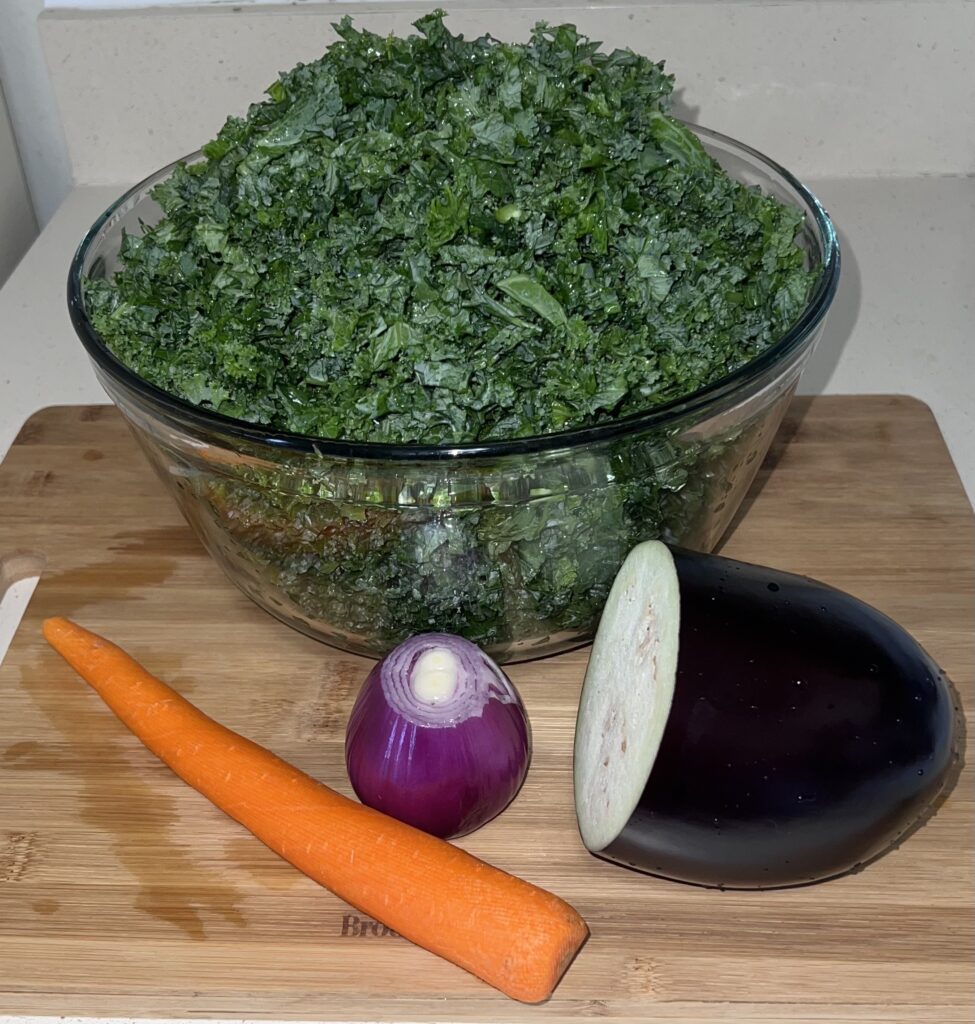
2. Reduced Land and Water Use
Raising animals for food requires vast amounts of land, not just for the animals themselves but to grow their feed. This contributes to deforestation, particularly in places like the Amazon. Animal agriculture also consumes enormous amounts of water. Producing a pound of beef, for example, is said to use around ten times more liters of water than producing a pound of lentils. Simply put, plants are more resource-efficient, and growing food directly for human consumption saves land, water, and energy.
3. Preserving Biodiversity
Industrial farming can lead to habitat loss, and thus, rapid declines in wildlife populations as forests are cleared for grazing and the production of animal feed like soy. Therefore, a reduction in reliance on animal agriculture can help protect forests and restore natural habitats. This could also mean giving endangered species a fighting chance.
Ways to Embrace Plant-Based Diets
Embracing a plant-based diet is not about perfection. Rather, it is about progress. You don’t need to be 100% vegan to make a difference. Every plant-based meal you choose is a vote for a healthier body and a healthier planet. You can start small, such as by making one day every week a meatless day. Something like ‘Meatless Mondays.’ Other small changes you could implement are such as replacing meat with lentils, beans, or chickpeas in a few meals per week, swapping cow’s milk for oat or almond milk every once in a while, and choosing plant-based snacks like hummus with fresh vegetables, nuts, or fruit over processed meats.
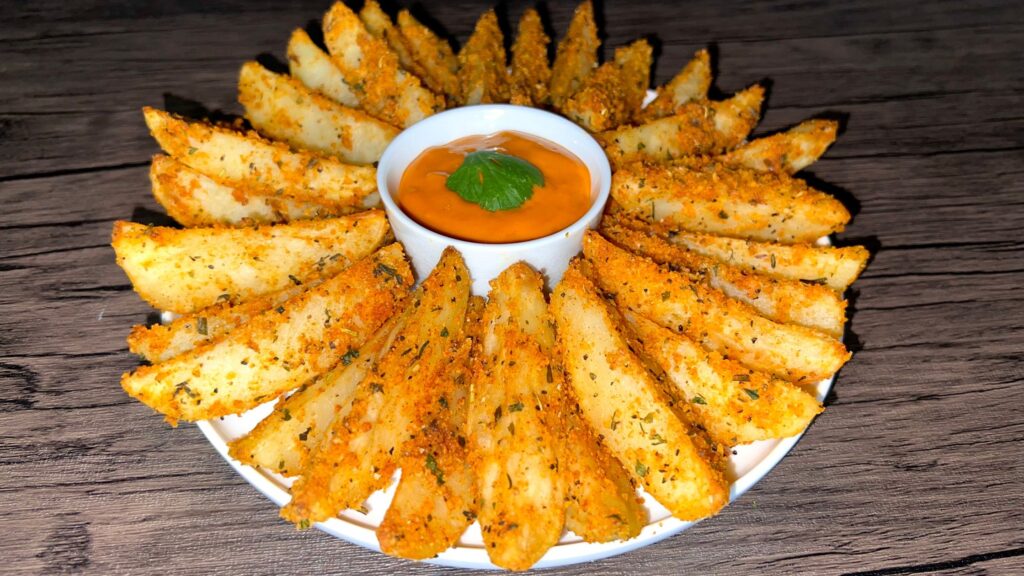
Revisiting Myths Surrounding Plant-Based Diets
“Where do you get your protein?”
Plants have protein! Lentils, edamame, beans, tofu, quinoa, tempeh, nuts, seeds, and even vegetables like broccoli are packed with protein. Of course, each of these plants contains a different amount of protein per serving, some even higher than meats, and some much lower. So, in choosing your plant proteins, make sure to make informed decisions supported by scientific research rather than hearsay. In this article, I outline the top 15 protein-rich plant foods, ranking them from the highest to the lowest. Ensure you’re eating a varied and well-balanced diet, and you’ll easily meet your protein needs.
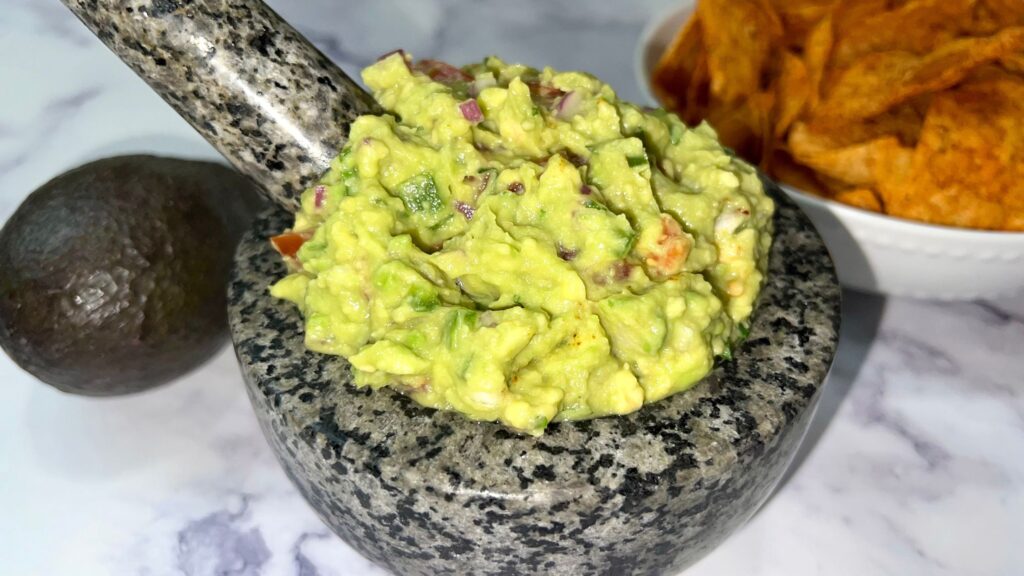
“Isn’t it expensive?”
Plant-based diets can actually be more affordable. With a few exceptions like edamame and other versions of soy like seitan and tempeh, which may be a little pricey, the rest, like beans, rice, oats, tofu, and seasonal produce, are often far cheaper than meat, cheese, or processed foods. Practices like buying in bulk and planning meals could help reduce waste and save money.
“I’ll miss the taste!”
Plant-based foods explode with flavor when made right! People are getting more creative every day, and dishes like mushroom tacos, creamy cashew pasta, and smoky lentil chili are just a few examples of that creativity. Really, there’s no shortage at all of delicious, satisfying plant-based dishes. And it does not always have to be complicated. A simple pinto bean stew, made with the right ingredients and served with white rice, sweet potatoes, or chapati, is a complete and delicious meal. Your taste buds adapt and thrive on the new tastes with time.
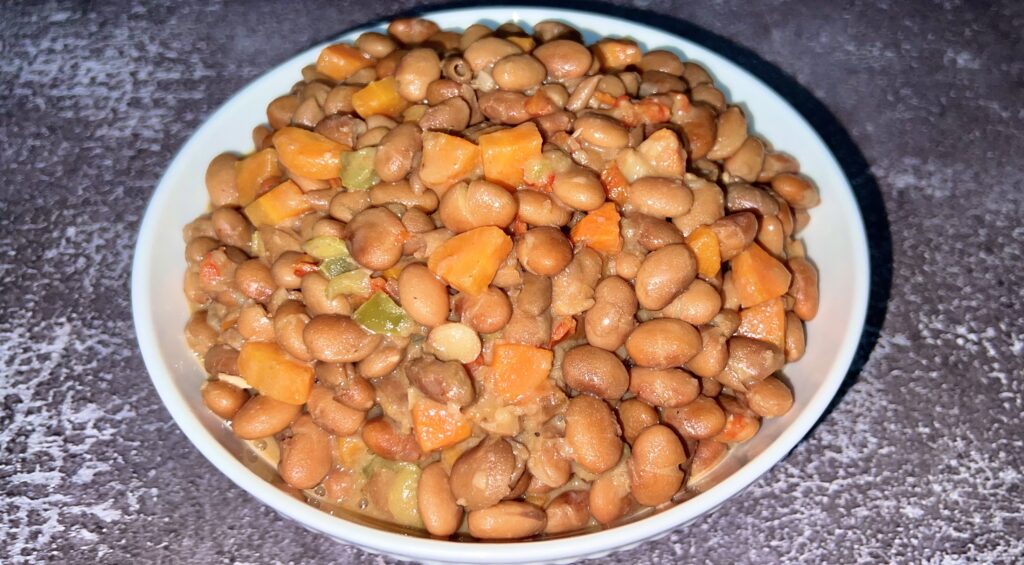
“Where do I buy plant-based proteins?”
Plant-based proteins such as legumes and leafy greens are readily available in most grocery stores. Soy products like tofu, tempeh, and seitan, among others, may be available in specific stores in your area, such as Whole Foods or Asian grocery stores. Plant-based options are also readily available in most restaurants, so you are equally covered when eating out. Generally speaking, big brands, startups, and restaurants are all investing in plant-based foods like never before, and grocery stores are stocking all the ingredients you need to make your plant-based meals, from plant-based milks to meatless burgers.
Conclusion
Adopting a plant-based diet isn’t about restricting yourself. Rather, it’s about empowering your body and protecting your environment. And, you don’t need to overhaul your entire life overnight. Start with one plant-based meal at a time, and you’ll soon feel the benefits ripple through your body. While doing so, you will also be nurturing the planet, and you’ll already be making a difference.
